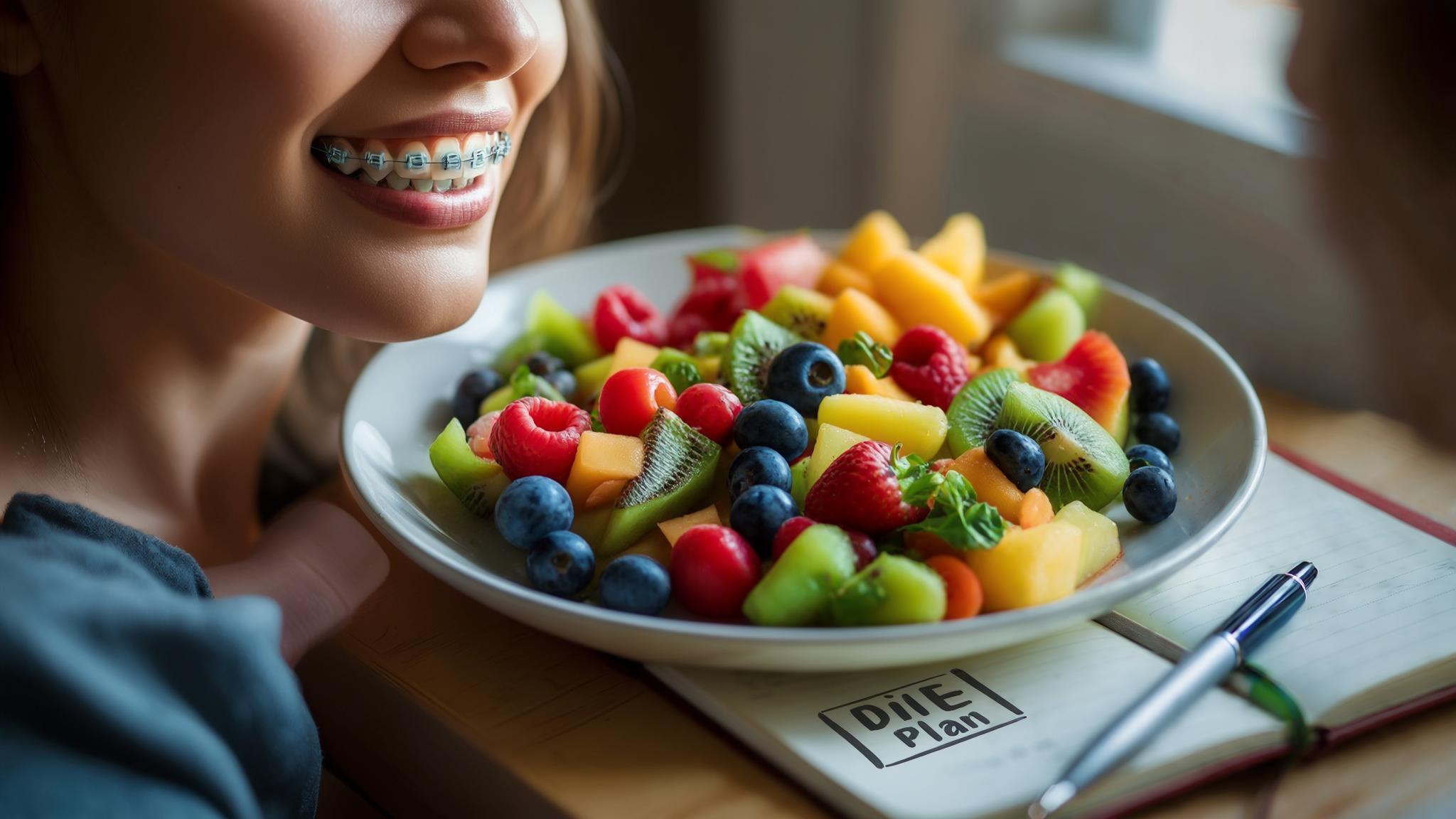Introduction
Orthodontics is a specialized field of dentistry focused on correcting teeth and jaw alignment, often using braces. Braces are not just about achieving a beautiful smile; they also play a crucial role in improving oral health and function. However, wearing braces requires some lifestyle adjustments, particularly when it comes to diet. What you eat can significantly impact the success of your orthodontic treatment. This article aims to guide you on which foods to avoid with braces to ensure a smooth and effective treatment journey.
Understanding Braces
Braces work by applying continuous pressure over time to slowly move teeth in a specific direction. They consist of several components, including brackets, wires, and bands. The brackets are bonded to the teeth, while the wires are threaded through the brackets to gently guide the teeth into place. The entire process of teeth movement can take anywhere from several months to a few years, depending on the individual case.
Following your orthodontist's guidelines is crucial for the duration of your treatment. Adhering to dietary recommendations can prevent damage to your braces and ensure that your treatment progresses as planned.
Why Diet Matters with Braces
Your food choices can have a significant impact on your orthodontic treatment. Certain foods can damage your braces, leading to delays in treatment and additional visits to your orthodontist. Hard or sticky foods can break brackets or wires, while sugary foods can lead to cavities and poor oral hygiene.
Maintaining good oral health during orthodontic treatment is essential. It helps prevent gum disease and tooth decay, which can complicate your treatment and affect your overall health.
Foods to Avoid with Braces
Hard Foods
Hard foods like nuts, hard candies, popcorn, and ice can easily damage the brackets or wires of your braces. Imagine biting into a hard candy and feeling a bracket pop off—it's not just inconvenient but can also extend your treatment time.
Sticky Foods
Sticky foods such as caramel, taffy, and gummy candies are notorious for getting stuck in braces. They can cause plaque buildup, which is difficult to clean and can lead to cavities.
Chewy Foods
Chewy foods like bagels and tough meats can put undue strain on your braces. This strain can bend wires or pull brackets loose, disrupting your treatment progress.
Sugary Foods and Beverages
Sugary foods and drinks, including soda, candy, and sweets, increase the risk of cavities. They create an environment where bacteria thrive, making it challenging to maintain oral hygiene.
Foods that Require Biting into
Foods that require biting into, such as whole apples and corn on the cob, pose a risk of damaging your braces. Biting into these hard foods can dislodge brackets or bend wires.
Foods That Are Safe to Eat with Braces
Soft Foods
Soft foods are gentle on braces and easy to chew. Consider options like mashed potatoes, yogurt, and smoothies. These foods are not only safe but also nutritious.
Cooked Vegetables
Steamed or boiled vegetables, such as broccoli and carrots, are excellent choices. They provide essential nutrients without the risk of damaging your braces.
Dairy Products
Dairy products like cheese and milk are safe for braces and are a good source of calcium, which is vital for strong teeth and bones.
Grains
Soft breads and pasta are ideal for those with braces. They are easy to chew and less likely to cause damage to orthodontic appliances.
Tips for Maintaining Oral Hygiene with Braces
Brushing and flossing are more important than ever when you have braces. Use a toothbrush with soft bristles and fluoride toothpaste. Floss daily using a floss threader or an orthodontic flosser to clean between your teeth and braces.
Consider using recommended oral care products, such as an interdental brush or an oral irrigator, to help remove food particles and plaque. Regular dental check-ups are essential to monitor your oral health and the progress of your orthodontic treatment.
Conclusion
Diet plays a vital role in the success of your orthodontic treatment. By avoiding certain foods and following dietary guidelines, you can protect your braces and ensure a smoother treatment process. Remember, these adjustments are temporary, but the results will last a lifetime. Stay committed to maintaining a healthy lifestyle, and you'll be rewarded with a beautiful, healthy smile.
References
- American Association of Orthodontists. "Dietary Recommendations for Braces."
- Journal of Orthodontics. "The Impact of Diet on Orthodontic Treatment Outcomes."
- Dental Health Foundation. "Maintaining Oral Hygiene with Braces."

